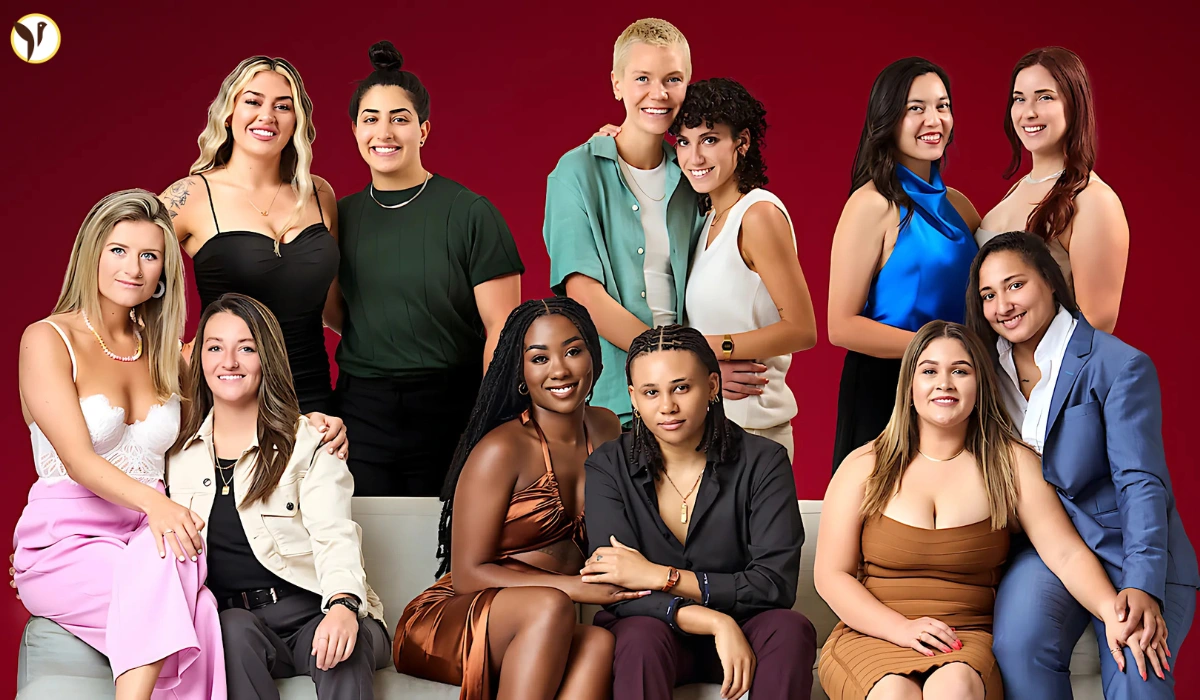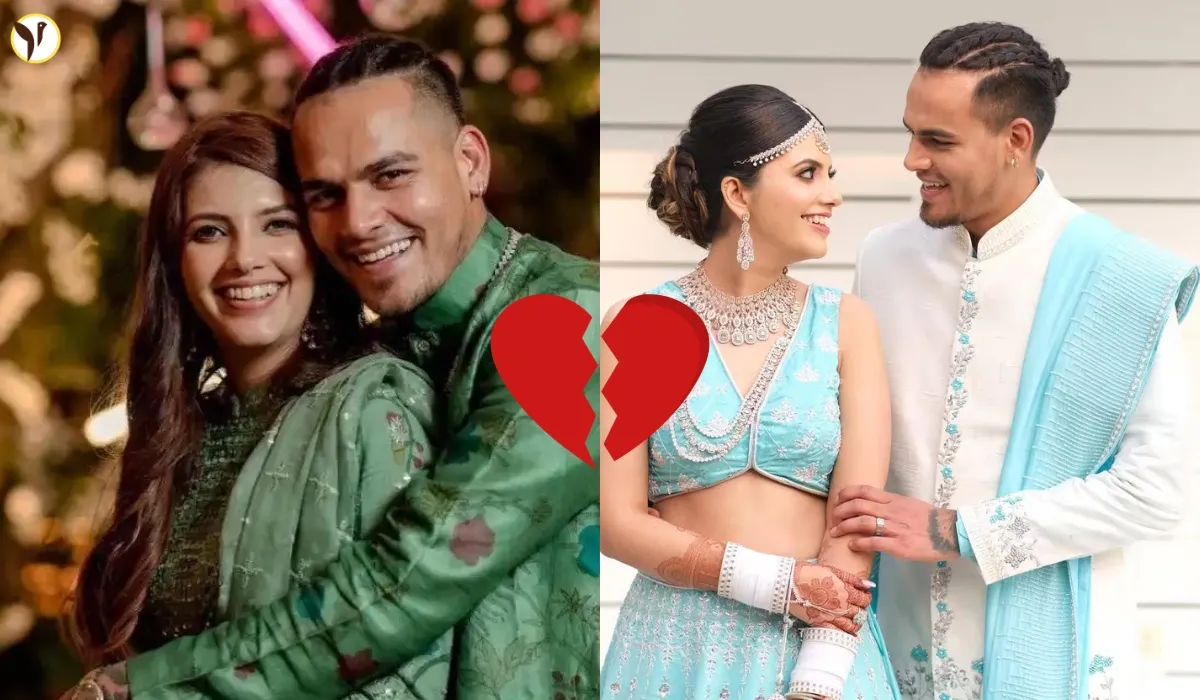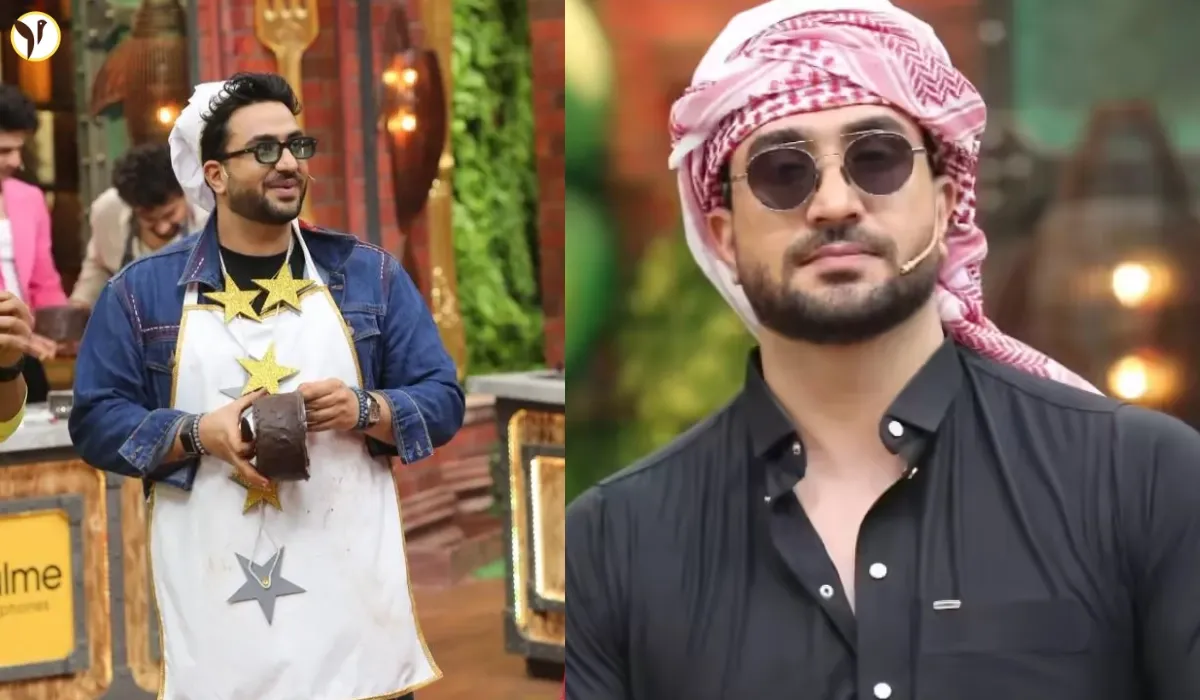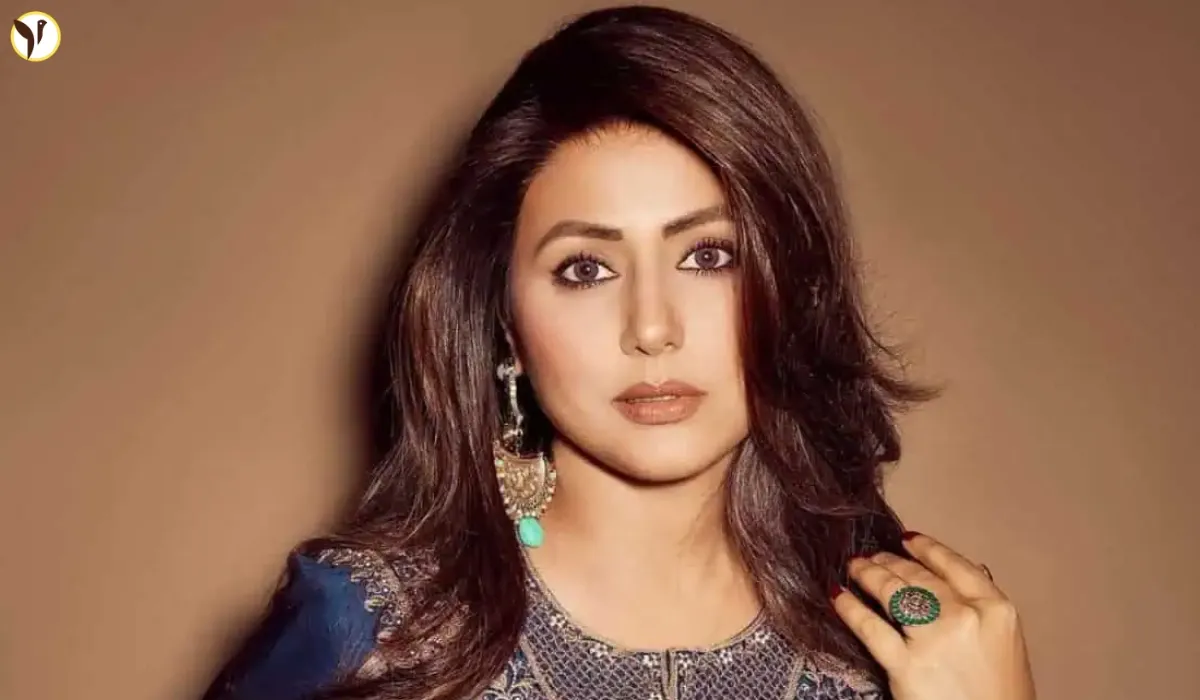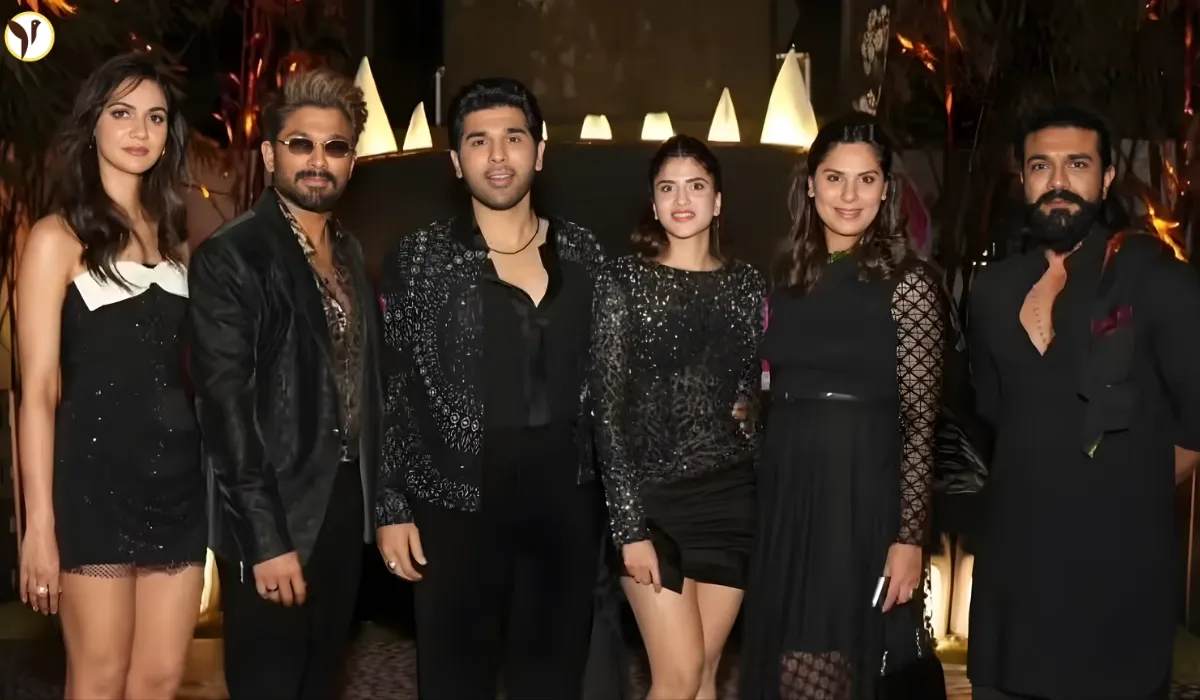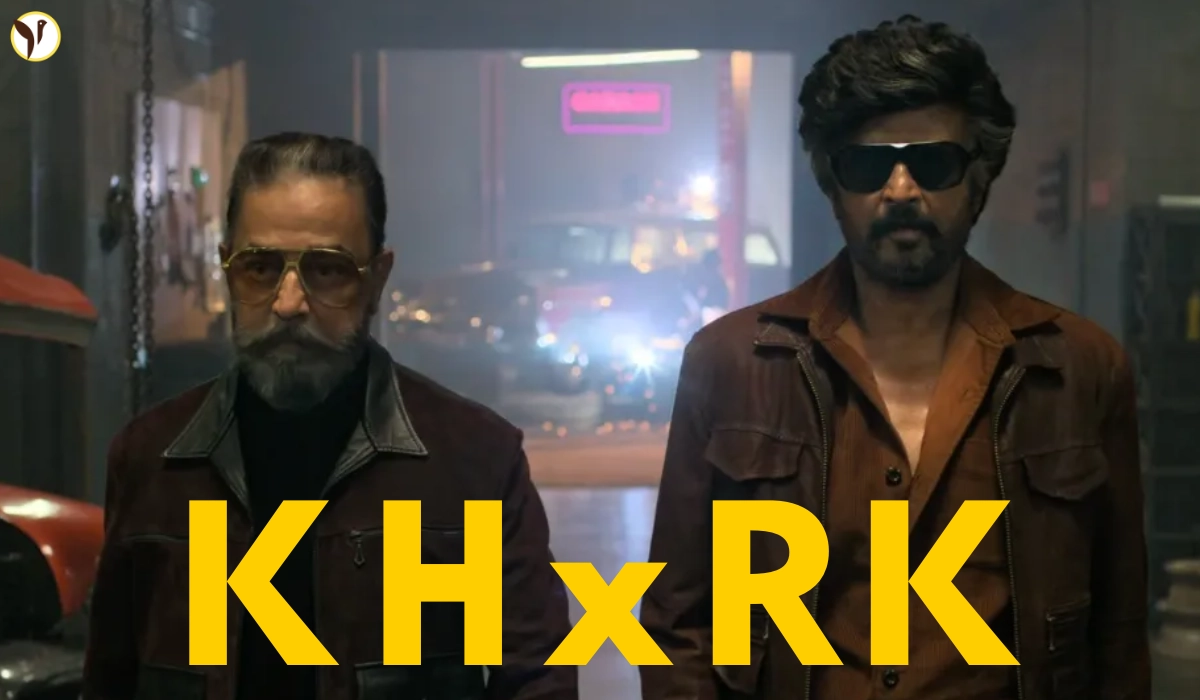Season 2 of Netflix's dating experiment The Ultimatum: Queer Love is coming with a completely fresh cast of queer couples and even more emotional consequences. This time, the couples will be under the bright lights of Miami, Florida where they will ultimately have to decide whether to get married or break up for good.
Hosted by actor JoAnna Garcia Swisher, Season 2 premieres on Netflix on June 25 with the first seven episodes dropping that day and the other three episodes, including the reunion special, will be released on July 2.
The Ultimatum follows a well-known but intense format that involves a partner in a couple issuing the ultimatum: they want to get married or they are moving on. Each person then has a brief exploration of a connection to someone in another couple for three weeks of "trial marriage." They then return to their previous partner for a second trial and ultimately will have to decide to commit, switch partners, or walk away single.

The emotional journey (and the show itself) is further heightened by its unusual setting in Miami and Fort Lauderdale. Not only do these beautiful and vibrant locations lend visual vibrancy, but the dramatic and honest considerations of love, identity, and personal transformations which occur in the show are worth noting.
A Deeper Look at Queer Relationships and Representation
The Ultimatum: Queer Love totally stands apart from previous dating shows in that it exclusively features queer couples, focusing on women and nonbinary individuals. This difference gives viewers a better and more relatable look at the modern relationships in the LGBTQ+ community.
Season 2 of The Ultimatum does not shy away from some complex issues. The cast consists of people from various backgrounds and relationship experiences who addressing fears of commitment, fear of trust, or fear of communication. The true highlight of the show is its authentic and oftentimes gritty portrayal, of emotional situations.
The series also screened at San Francisco's Frameline Film Festival, one of the oldest and most critically acclaimed LGBTQ+ film festivals, which points to the growing stature of queer storytelling, as well as its power to generate larger discussions about commitment, gender identity, and love today.
Critics and fans have praised the series for its authenticity and how "real" it feels, although many note a need for improved diversity in gender identity and body type representation. Others acknowledged the series does a great job at representing women and nonbinary people as it stands, while suggesting there may be changes that help it better represent gay men in future seasons.
Yet, the core of the series remains the same: it examines what happens when love is pushed to the limits—and how people change when presented with difficult choices.
Source(Image / Thumbnail): sfchronicle
